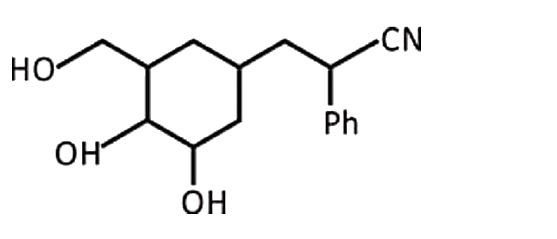What was the name given to discontinuous variations by Darwin?
Step-by-Step Solution:
1. Understanding Discontinuous Variations: Discontinuous variations refer to distinct and separate differences observed in organisms. These variations can be large or small and are often the result of genetic differences.
2. Source of Variations: The variations arise from small changes in the DNA or chromosomes, which can occur due to errors during DNA replication or environmental factors.
3. Darwin's Contribution: Charles Darwin studied variations in organisms and recognized the significance of these differences in the process of evolution.
4. Name Given by Darwin: Darwin referred to discontinuous variations as "spores." This term highlights the idea that these variations can be passed down through generations, similar to how spores propagate in certain organisms.
5. Relation to Mutation: While Darwin used the term "spores," discontinuous variations are also commonly referred to as mutations in modern biology. Mutations are the changes in the DNA sequence that lead to these variations.
6. Conclusion: Therefore, the name given to discontinuous variations by Darwin is "spores."
---
Topper's Solved these Questions
- BOOK - MODERN PUBLICATIONCHAPTER - EVOLUTIONEXERCISE - PRACTICE PROBLEMS ( DARWINISM AND SPECIATION )13videos
EVOLUTION
- BOOK - MODERN PUBLICATIONCHAPTER - EVOLUTIONEXERCISE - PRACTICE PROBLEMS ( TYPES OF VARIATIONS)8videos
EVOLUTION
- BOOK - MODERN PUBLICATIONCHAPTER - EVOLUTIONEXERCISE - PRACTICE PROBLEMS (LAMARCKISM )10videos
EVOLUTION
- BOOK - MODERN PUBLICATIONCHAPTER - ECOSYSTEM EXERCISE - Chapter Practice Test (Section - D) (Case - Based Short Answer Type Questions)5videos
ECOSYSTEM
- BOOK - MODERN PUBLICATIONCHAPTER - HUMAN HEALTH AND DISEASESEXERCISE - Chapter Practice Test2videos
HUMAN HEALTH AND DISEASES
Similar Questions
Knowledge Check
- Question 1 - Select One
Discontinuous variations are
AMutationsBAcquired charactersCEssential featuresDNonessential features - Question 2 - Select One
Sudden and large mutational changes from one generation to the next, potentially causing single-step speciation . this was historically offerred as an alternative to darwinism . is called -
ASaltationBClinesCGenetic driftDOrganic evolution



